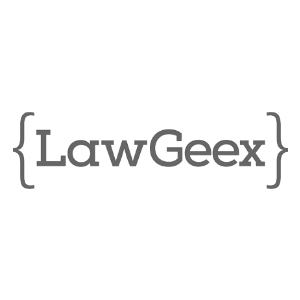An artificial intelligence (AI) versus legal profession contract challenge by LawGeex sees lawyers bested by technology

A study by AI contract review platform
LawGeex claims artificial intelligence (AI) can out-perform how experienced lawyers review non-disclosure agreements (NDA).
Its
AI Vs. Lawyers: The Ultimate Showdown AI Vs. Lawyers The Ultimate Showdown study and infographic suggests how AI has overtaken lawyers in spotting risks in contracts. LawGeex research shows AI secure an accuracy of 94% in comparison an accuracy level of 84% across 20 lawyers.
The LawGeex platform challenges lawyers from academia and legal firms including Duke University School of Law, University of Southern California, Morrison Foerster, Stanford Law School Bar Ilan University who reviewed five previously unseen contracts. The documentation contained 153 paragraphs of technical legal language ("legalese"), under controlled conditions precisely modelled on the way lawyers review and approve daily contracts.
LawGeex states in its
press release, it was the first time an AI was been tested with a typical task undertaken by lawyers on a daily basis, revealing the highest performing lawyer in the study achieved 94% accuracy, matching the AI while the lowest performing lawyer achieved an average 67% accuracy. The challenge took the LawGeex AI 26 seconds to complete, compared to an average of 92 minutes for the lawyers. The longest time taken by a lawyer to complete the test was 156 minutes and the shortest time was 51 minutes.
Gillian K. Hadfield, Professor of Law and Economics at the University of Southern California said of the study, "This research shows technology can help solve two problems, both making contract management faster and more reliable, and freeing up resources so legal departments can focus on building the quality of their human legal teams."
"This experiment may actually understate the gain from AI in the legal profession. The lawyers who reviewed these documents were fully focused on the task: it didn't sink to the bottom of a to-do list, it didn't get rushed through while waiting for a plane or with one eye on the clock to get out the door to pick up the kids. The margin of efficiency is likely to be even greater than the results shown here," concluded Hadfield.
The research can be download at the
LawGeex website.
Got an interesting story to tell? Get in touch.